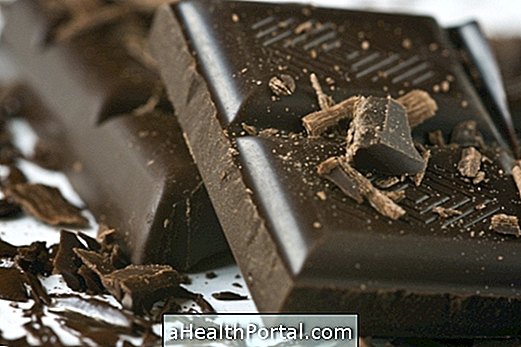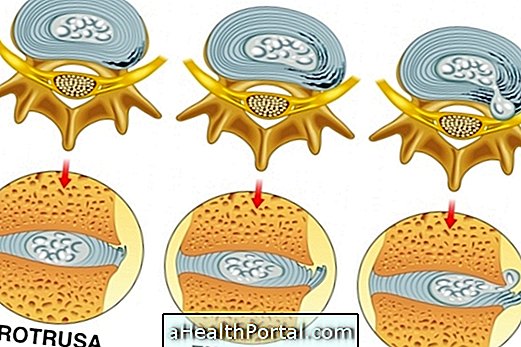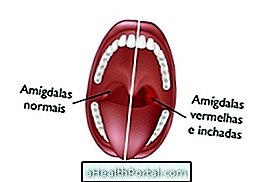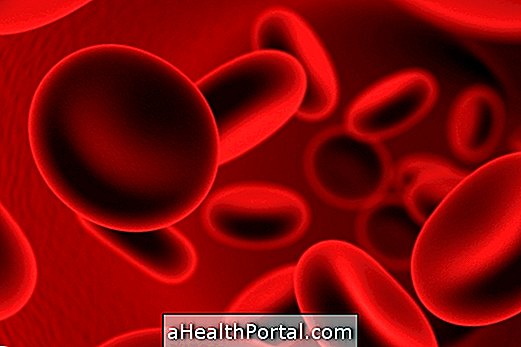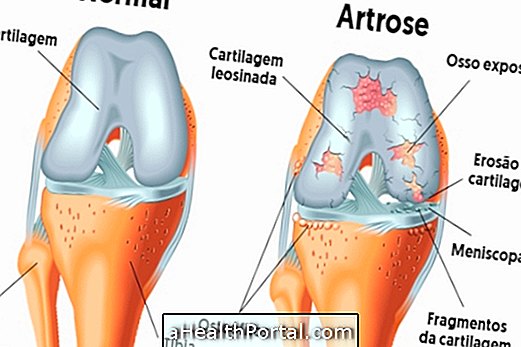Casein is the main protein in cow's milk and is rich in essential amino acids, also known as BCAAs, and is widely used to stimulate muscle gain in athletes and physical activity practitioners.
In addition to being found in the form of supplements, casein is also naturally present in foods such as milk, cheese, sour cream and yogurts.
How to take and recommended amount
The main recommendation is that casein is consumed about 30 minutes before bedtime. This is because it is a slow absorption protein, which allows a good amount of amino acids to remain stable in the blood throughout the night, stimulating the production of muscle mass without stimulating the increase of body fat.
In addition, the recommended dose is about 30 to 40 g, remembering that its consumption should be done together with a balanced diet and the practice of physical activity.
Types of Casein
The casein supplement can be found in the following forms:
1. Micellar casein
It is more intact form of the protein, having its conserved structure and very similar to the protein molecule naturally found in milk. This type of casein has the advantage of keeping its absorption slow in the intestine, which releases amino acids at night to increase hypertrophy.
2. Calcium Caseinate
Caseinate and calcium is a supplement made from casein plus calcium hydroxide, a substance that increases the solubility of casein. The Micellar form of this supplement is poorly soluble and difficult to mix in juices and vitamins, while calcium caseinate mixes more easily with preparations to be consumed.
3. Hydrolyzed Casein
Hydrolyzed casein is composed of casein already broken down into smaller particles, which will facilitate and accelerate the digestion of the supplement. It's the same practice made with whey protein, but this kind of change in the formula does not bring any benefit to the consumer and may even reduce its long-term effect at night. See also how to take whey protein to gain muscle.
Casein helps in weight loss
The use of casein along with regular physical activity can help with weight loss diets because the supplement of this protein helps increase the feeling of satiety and reduce the carbohydrate content of the diet.
In addition, since casein does not interfere with fat burning at night, it does not disrupt the weight loss process and still stimulates the gain of muscle mass.
Casein may disrupt Autism treatment
Some studies show that a gluten-free and casein-free diet can help treat and control autism. In this diet, then, it would be necessary to avoid the consumption of foods made with wheat flour, rye, barley and milk and derivatives.
However, such treatment is still not considered to be effective, and should be done primarily by patients who have some intolerance or allergy to gluten or casein, and always under medical guidance.
